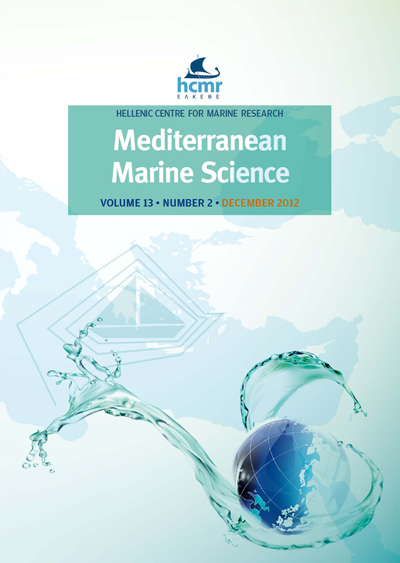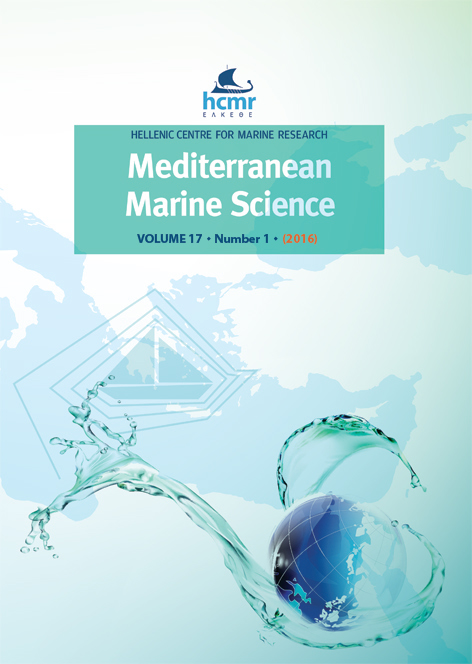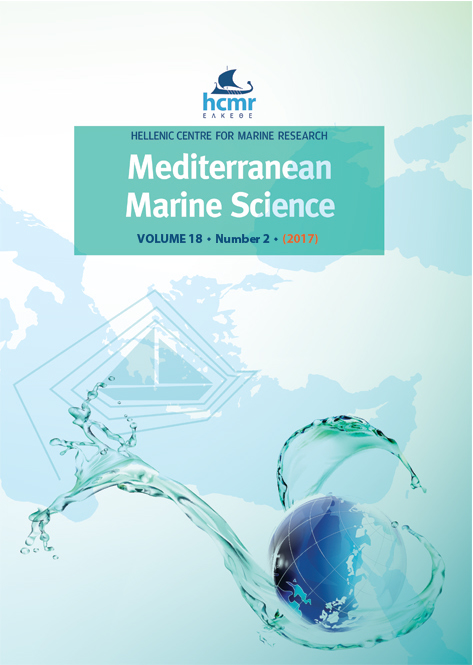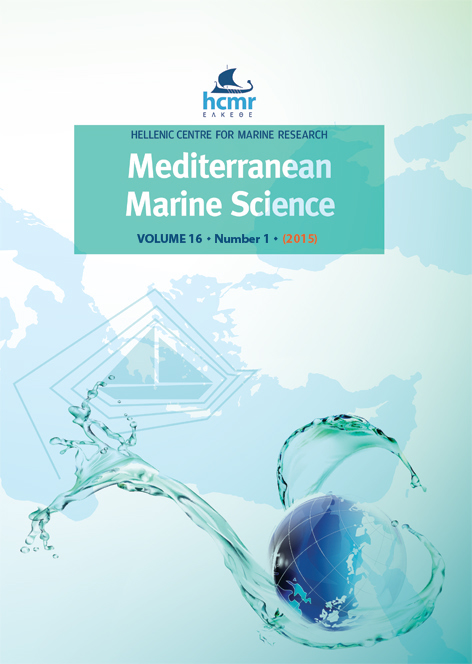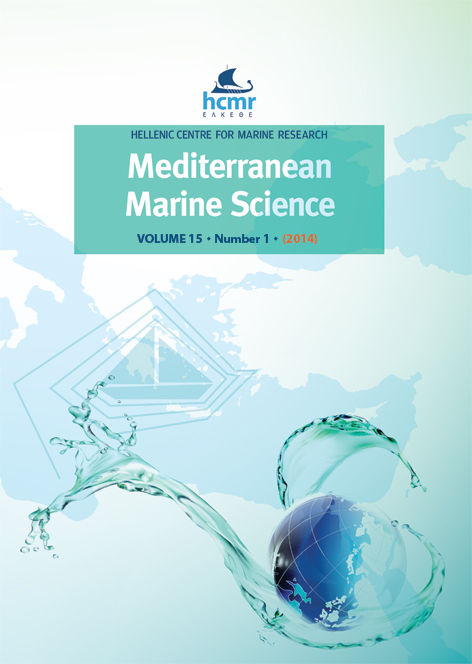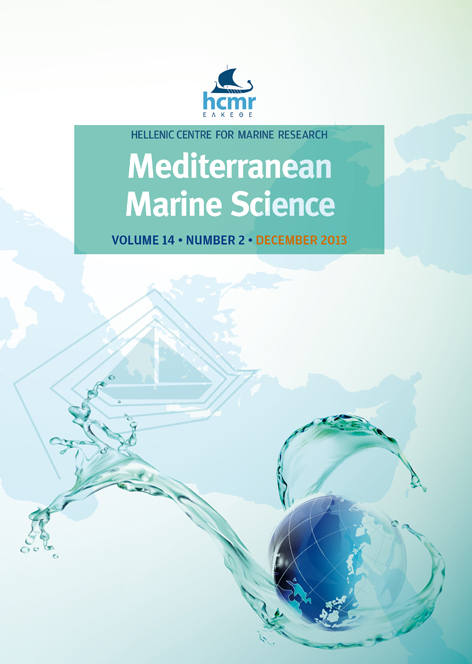An update on the feeding habits of fish in the Mediterranean Sea (2002-2015)
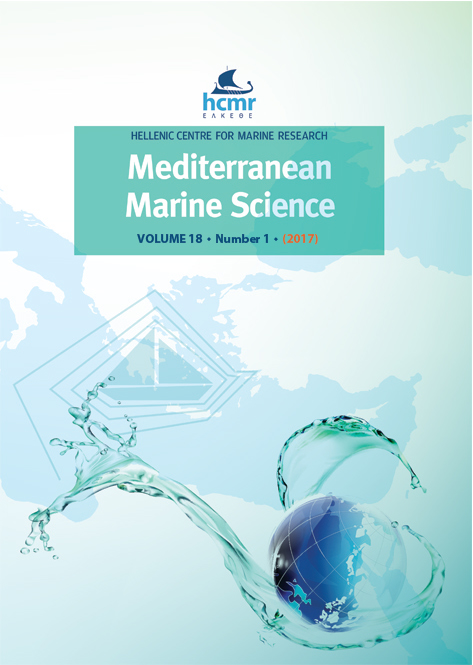
Abstract
In this study we updated the previous compilation of the feeding habits and trophic levels (TROPHs) of Mediterranean fish. In total, 172 publications were retrieved and analysed. Collected data refer to 146 species, with a TROPH value ranging from 2.00 to 4.54. The analysis of TROPH distribution verified the previously proposed classification of species into functional trophic groups. Overall, information on diet composition exits for 203 fish species out of the >700 fishes from the Mediterranean, a fact clearly showing that feeding habits are understudied despite their importance in ecological applications and fisheries management. More than half (60.6%) of these species are classified as omnivores with preference to animal material, 36.5% are carnivores, 1.9% are omnivores with preference to plants, and two (i.e. Siganus luridus and S. rivulatus) are pure herbivores. Finally, towards the direction of filling in information gaps, recommendations for future research are given.
Article Details
- Zitationsvorschlag
-
KARACHLE, P. K., & STERGIOU, K. I. (2017). An update on the feeding habits of fish in the Mediterranean Sea (2002-2015). Mediterranean Marine Science, 18(1), 43–52. https://doi.org/10.12681/mms.1968
- Ausgabe
- Bd. 18 Nr. 1 (2017)
- Rubrik
- Research Article
Authors who publish with this journal agree to the following terms:
- Authors retain copyright and grant the journal right of first publication with the work simultaneously licensed under a Creative Commons Attribution Non-Commercial License that allows others to share the work with an acknowledgement of the work's authorship and initial publication in this journal.
- Authors are able to enter into separate, additional contractual arrangements for the non-exclusive distribution of the journal's published version of the work (e.g. post it to an institutional repository or publish it in a book), with an acknowledgement of its initial publication in this journal.
- Authors are permitted and encouraged to post their work online (preferably in institutional repositories or on their website) prior to and during the submission process, as it can lead to productive exchanges, as well as earlier and greater citation of published work (See The Effect of Open Access).





